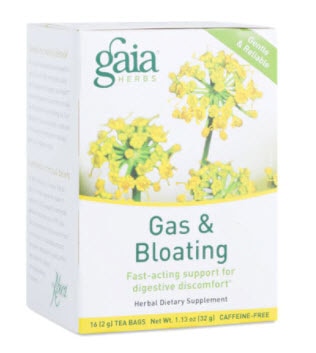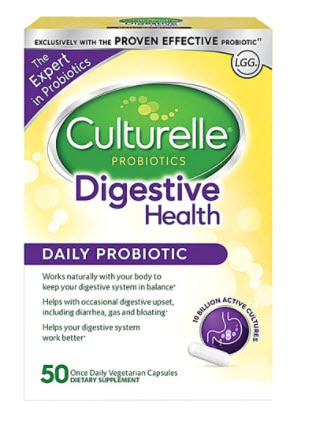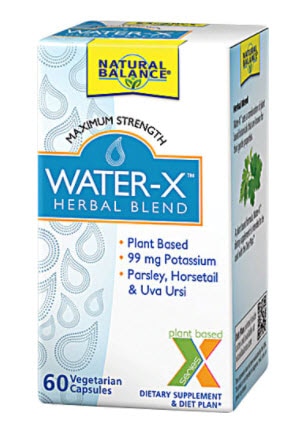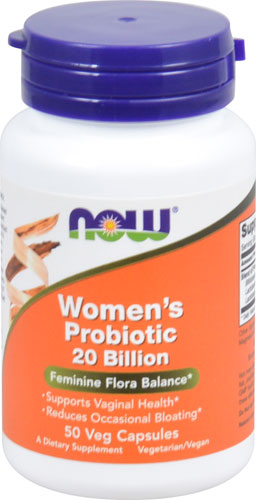Intestinal
bloating can be uncomfortable and when severe, it may take over your life—indeed, sometimes a bloated stomach can be so distressing it might cause you to cancel your plans and spend the day on the couch. Common symptoms associated with it include a distended belly and lots of gas, also known as “flatulence.” A chronically-bloated tummy can make all food seem suspect, and, when symptoms are bad, can determine what you wear, as tight clothing may become unpleasant as the day wears on.

While certain things practically guarantee stomach puffiness—such as eating bean-laden Tex Mex—other causes aren’t so obvious. Here are five reasons why you might be feeling bloated—and five ways to fix the problem.
What causes bloating?
1. You are fructose intolerant
You might think that your diet, with its yogurts, protein bars, fruit and agave syrup, is downright virtuous. Yet, plenty of foods, from peas to watermelon, contain fructose—a sugar, found in honey, fruit and other plants, that may cause bloating in those who have a
fructose intolerance. (High-fructose corn syrup, on the other hand, is widely used in processed foods and can cause a cornucopia of health issues.)
As WebMD put it, “Fructose is usually absorbed in the small intestine, but for those with fructose intolerance, some travels to the colon, where bacteria ferment the fructose.” In response, hydrogen and methane gases are released, causing pain, flatulence and, yes, bloating.
The fix: Opt for nutrient-rich, low-fructose fruit when your sweet tooth announces itself. These include kiwi fruit, berries, cantaloupe, bananas and citrus fruit.
2. You’re eating too much fiber
Whether it’s January 1
st, the start of swimsuit season or even just a Monday, you know your intentions are good: To consume more nutritious, high-fiber fruit and vegetables, or to boost your fiber intake by adding psyllium husk or
flax seed meal to your favorite smoothie.
And yet, your body may go through a shock when it’s suddenly fed high-fiber foods it’s not accustomed to digesting. Fiber is an indigestible carbohydrate, after all, and abruptly increasing the amount you eat may cause diarrhea, cramping, constipation, and/or bloating.
The fix: Spread out your fiber intake rather than consuming it all in one meal and introduce cruciferous vegetables, such as cauliflower and kale, into your diet slowly. Further, consider baking, steaming, or boiling your vegetables before eating. (If eating them raw, sprinkle them with lemon, which can aid in digestion.)
Also, if you get bloated after ingesting
psyllium fiber, flax seed meal, or any other fiber-rich powder, consider lowering the amount and slowly building up to your desired dose, ½ tsp by ½ tsp.
3. You’re more stressed out than you think
Between the pandemic and protests, it’s difficult to find anyone who isn’t at least a little on edge right now. However, what you do with that stress is critical to how your body (and brain) processes it. Holding onto personal and global woes not only manifests in acne flare-ups and insomnia—it also impacts your
digestion.
High levels of anxiety and enduring stress hijack your
gut microbiome (which is often referred to as the “second brain”) by flooding your body with cortisol. This “stress hormone” slows digestion as it alerts the body to increase blood flow towards the brain, limbs and larger muscles—the places that would need to operate fast and well if you were genuinely in danger. Digestion, in this sense, is not required for immediate survival, and bloating may ensue.
The fix: Refrain from thinking of stress-reducing activities as mere indulgences. Yoga, walking, chatting with a friend, listening to music, reading an uplifting book—all mitigate anxiety and increase ease and harmony. Curb belly bloat at the same time and it’s a win-win.
4. You’ve developed SIBO
Small Intestinal Bacteria Overgrowth—or SIBO—can develop when there is a surplus of bacteria of normal flora in the small intestine that feeds off your food and produces a lot of gas. These are hydrogen and methane gases that may cause a host of issues, including intestinal bloating, alternating constipation and diarrhea, heartburn, indigestion and bad breath.
The condition can also contribute to systemic inflammation, which may result in several conditions, including fatty liver disease, joint pain, skin rashes and a chronically- inflamed bladder syndrome called interstitial cystitis.
The fix: Get a breath test for SIBO and see a holistically-oriented doctor to treat you through a combination of botanicals medicines (and, in some cases, antibiotics) to resolve your gas, bloating and discomfort.
5. You hit the sofa after dinner
Some nights it may seem that the only
energy you can muster after dinner is pressing play on Netflix. Understandable, sure, but it may be one of the sneaky reasons you’re feeling swollen—especially if you’re tuning in to
Grey’s Anatomy in a supine position. Lying down right after eating impairs digestion and can lead to heart burn, and if food isn’t broken down properly, you might find yourself majorly bloated.
The fix: Capitalize on the energy jolt your dinner gave you by going for a walk around your neighborhood. Then, cap off this healthier after-dinner routine with a cup of
ginger tea: The aromatic herb has been shown to stimulate digestion, in that it helps food pass more quickly through the GI tract. The tea’s warmth and sweetness will only add to this ritual’s allure.
Featured products:


 While certain things practically guarantee stomach puffiness—such as eating bean-laden Tex Mex—other causes aren’t so obvious. Here are five reasons why you might be feeling bloated—and five ways to fix the problem.
While certain things practically guarantee stomach puffiness—such as eating bean-laden Tex Mex—other causes aren’t so obvious. Here are five reasons why you might be feeling bloated—and five ways to fix the problem.






